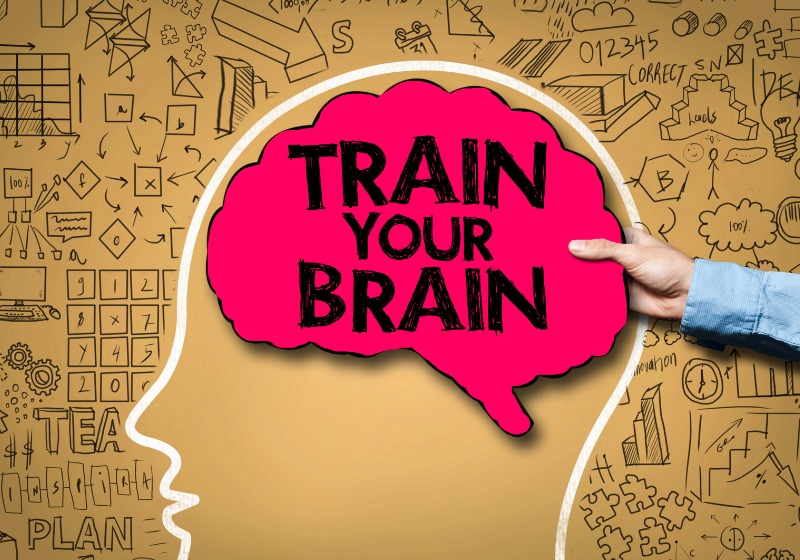Neuroplasticity challenges the old belief that the brain is fixed and unchangeable after a certain age. But research evidence now strongly supports the existence of the brain’s ability to restructure or rewire itself. For example, after an auto accident, a person’s ability to speak is impaired. However, the speaking ability may not be lost permanently. Rehabilitation now allows someone to relearn the ability to speak by repairing old pathways or creating new ones.
How to Stimulate Brain Growth
An article on Healthline presents several evidence-based practices that we can do on our own that contribute to stimulation of new neurons in the brain:
- playing video games: research is showing multiple benefits of video games. This includes fine motor coordination, memory, reaction time, and problem-solving skills. In effect, the practices in this activity are teaching new brain skills, a powerful strategy at any age.
- new language skills: learning a new language improves cognitive function and increases gray matter in the brain. This has been shown to slow down age-related cognitive decline.
- learn to play a new musical instrument: the effects of listening to and playing music on improved cognitive functioning has been demonstrated in numerous research articles. This is especially evident in terms of increased focusing and attention skills, and better audio and visual perception.
- exploring new environments while traveling or new neighborhoods at home. Travel affords us with many new learning opportunities, engaging in new cultures and languages, and communication styles.
- physical activity: this practice is on most lists of improving cognitive function, outlook, and physically healthy lifestyles, positively impacting strength and balance, brain function, especially in improving brain blood flow and cell growth.
- creative, artistic expression: creativity exercises contribute to improved cognitive function by stimulating new neural pathways, and strengthening existing neural connections.
Closing
It is a widely-accepted fact that our brains have the ability to expand new neural pathways throughout life. This is especially important as we reconsider the negative stereotypes of natural decline with advancing age. Because of its ability to change and adapt, it now appears that engaging activities, environmental enrichment, challenging tasks, and new skill development not only allow us to stay healthy. But, these factors allow us to grow and enhance our mental ability well into old age.
This article is referenced in the Living to 100 Club’s new publication, Better, Longer & Happier: A Guide to Aging with Purpose and Positivity. Learn more about this series HERE.

